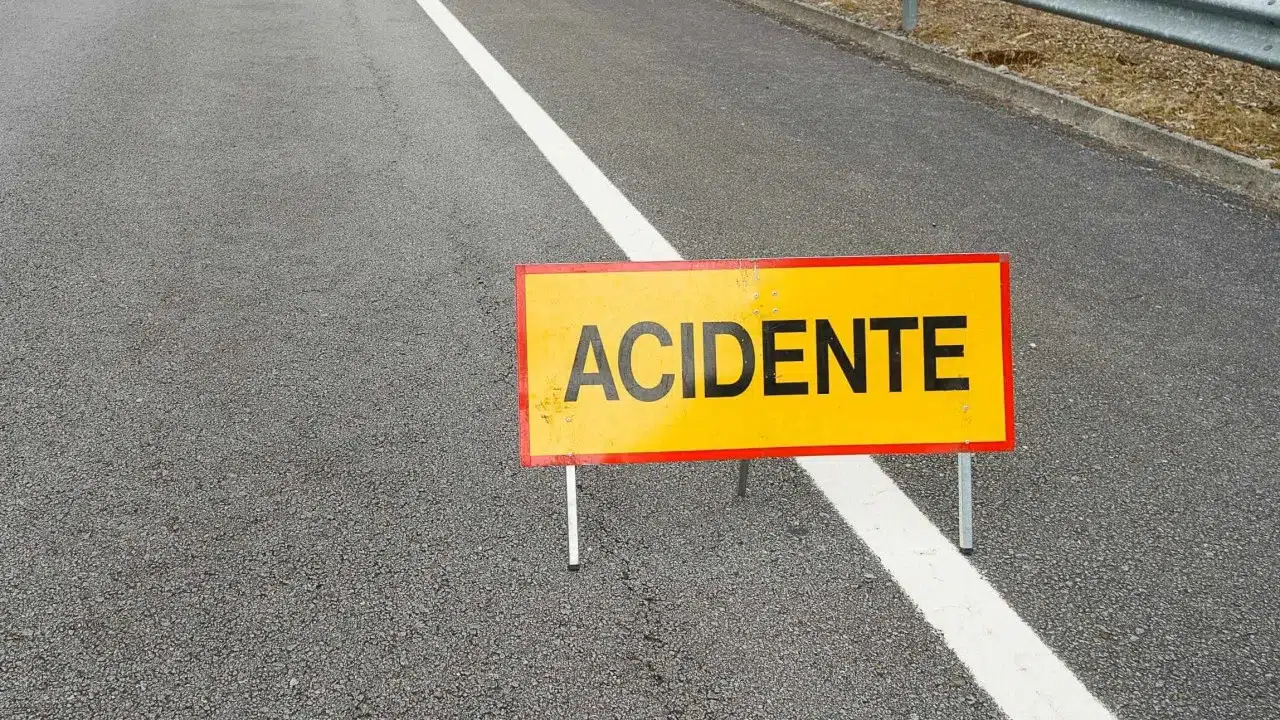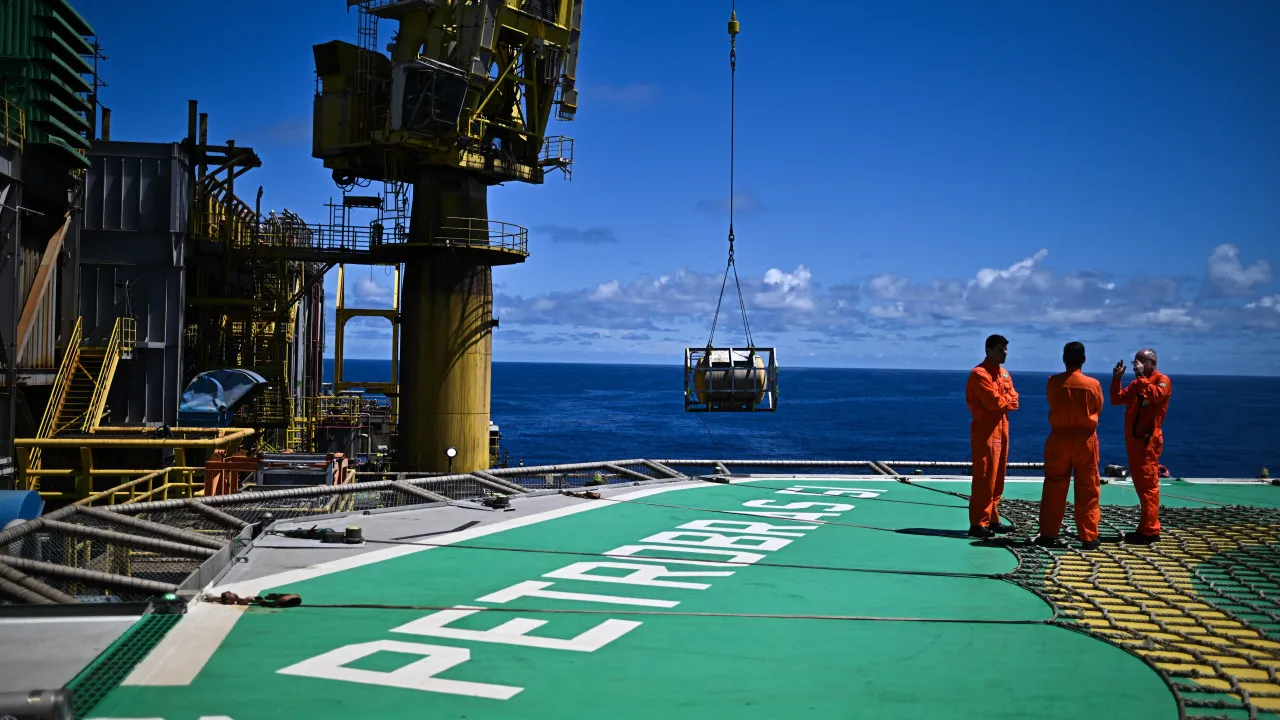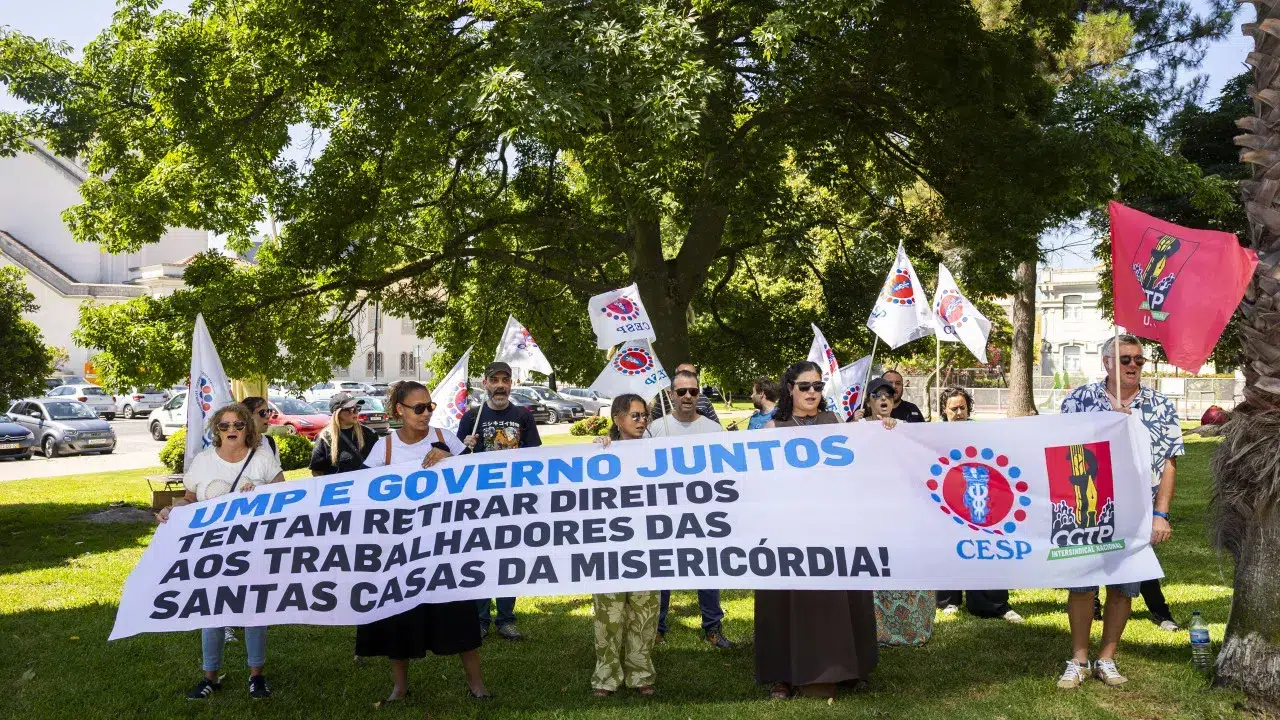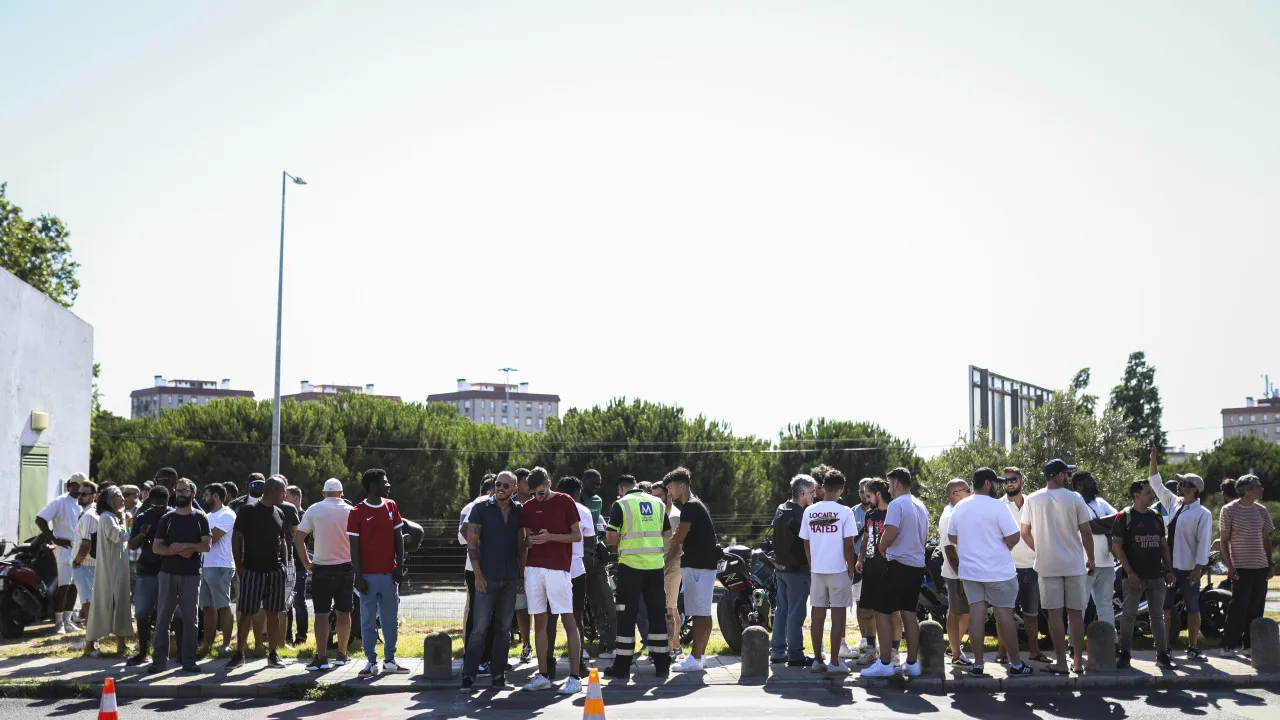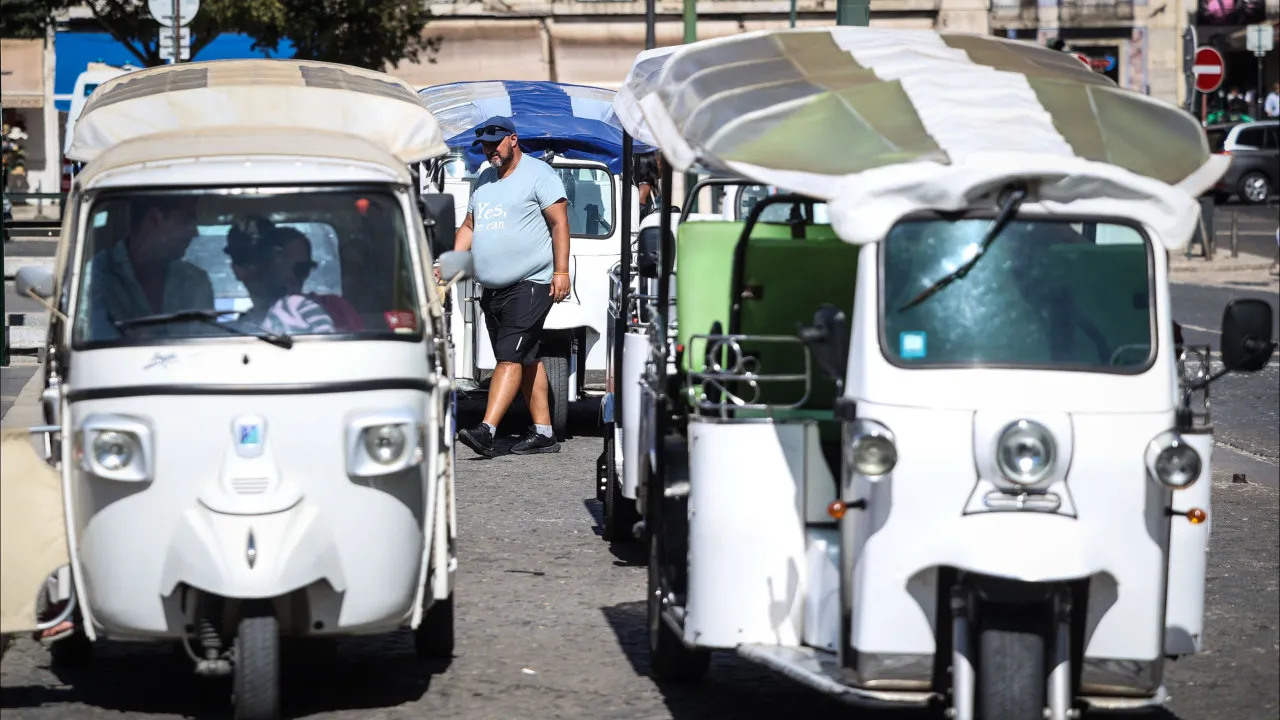
In a criminal complaint filed with the Public Prosecutor’s Office, business owners allege that the actions could constitute crimes of prevarication, abuse of power, economic participation in business, passive corruption, influence peddling, and violation of judicial decisions.
Contacted by Lusa, the Porto City Council stated that neither the municipality nor the mayor had been notified of any complaint, thus they are entirely unaware of its existence or potential content.
The municipality further asserts that the complainants are aware that “the content is entirely false, the accusations baseless, and the suspensions raised are a clumsy attempt to influence the council’s decisions through a direct attack on the individuals’ character, their good name, and honor, and thus will not hesitate to take criminal action against the complainants.”
In the document submitted today to the Porto Public Prosecutor’s Office, the business owners accuse the mayor of “violation of a judicial order and contradictory actions.”
At issue are the orders signed by the mayor following the Administrative and Fiscal Court’s (TAF) decision earlier this year, which resulted in the suspension of restrictions in the city center for all operators of tourist vehicles.
“One should clearly understand that 12 small and medium-sized companies are a monopoly, while five large companies, handpicked, are not,” they comment.
According to the municipality, the order “in no way contradicts, but rather amplifies the very effects of the sentence.”
“This order of March 14 is addressed to all users, public, private, individual, and collective of the public space, going far beyond the economic operators in question or others,” it states.
The business owners also claim there are “indications of tampering and favoritism” in the public tender for operations in the restricted area, launched in February 2024 for the allocation of five licenses.
“Out of 16 candidate companies, 11 were excluded. Five companies remained, for whom it is unclear how they managed to meet the criteria, which were not clarified and are illegal, probably due to access to information not provided to any of the other 11, who coincidentally received the five licenses,” they highlight.
According to the complainers, four of the five companies selected in the public tender had “privileged relations” with city council members.
“We understand that these relations, withholding of documents, decisions contrary to the legal department’s own legal opinions, as well as decisions violating judicial decisions that clearly harmed companies with relationships with municipal political agents, can only be motivated by something exceedingly strong that does not reside in legal behavior and which raises strong doubts about their motivations,” it reads.
Regarding this accusation, the municipality declares that it treats “impartially all those who engage with it, neither favoring nor disadvantaging anyone, always acting based on the highest ethical standards and continually preserving the administrative impartiality to which it is obliged.”
On January 29, Rui Moreira announced the suspension of the restriction on tourist vehicles and occasional service buses in Porto’s Historic Center, which had been implemented in October, following a TAF decision.
The pilot project aimed at restricting tourist vehicle traffic began on October 1, 2024, limiting the circulation of tourist vehicles in downtown and central Porto.
The TAF in Porto accepted the precautionary measure filed by 12 tourist operators against the municipality, determining the suspension of restrictions in the historic center for these companies.

